Tattoos have evolved into more than mere forms of expression; they have transformed into works of art that communicate an individual’s identity and unique personal style. Choosing the perfect tattoo design is exciting – but it can quickly become overwhelming when it comes to paying for your new ink! Questions like ‘Do tattoo shops take credit cards?’ or ‘What other payment options do tattoo parlors accept?’ come to mind, leading many to wonder what their best option would be. In this blog post, we will explore all the different ways you can pay for a tattoo at a reputable shop. Read on to learn more about payment methods accepted by professional tattooists!
Paying for Your Tattoo
Cash is the most traditional form of payment and is accepted by virtually every tattoo shop. Some tattooists prefer cash payments because it eliminates processing fees associated with credit cards. Moreover, tipping your artist, which is a customary practice in the tattoo industry, is typically done in cash.
Although not all tattoo studios accommodate credit card payments, an increasing number of them have started to incorporate this payment method, acknowledging its convenience for their clientele. If you’re planning to pay with a credit or debit card, it’s recommended to call the shop ahead of time to confirm this method is accepted. Keep in mind that some shops may charge a small fee to process card payments.
In conclusion, it’s essential to discuss payment options with your tattoo artist or their shop before getting inked. Make sure you comprehensively grasp all the terms, including any possible extra charges, and always keep in mind to show appreciation to your tattoo artist by leaving a tip for their exceptional job.
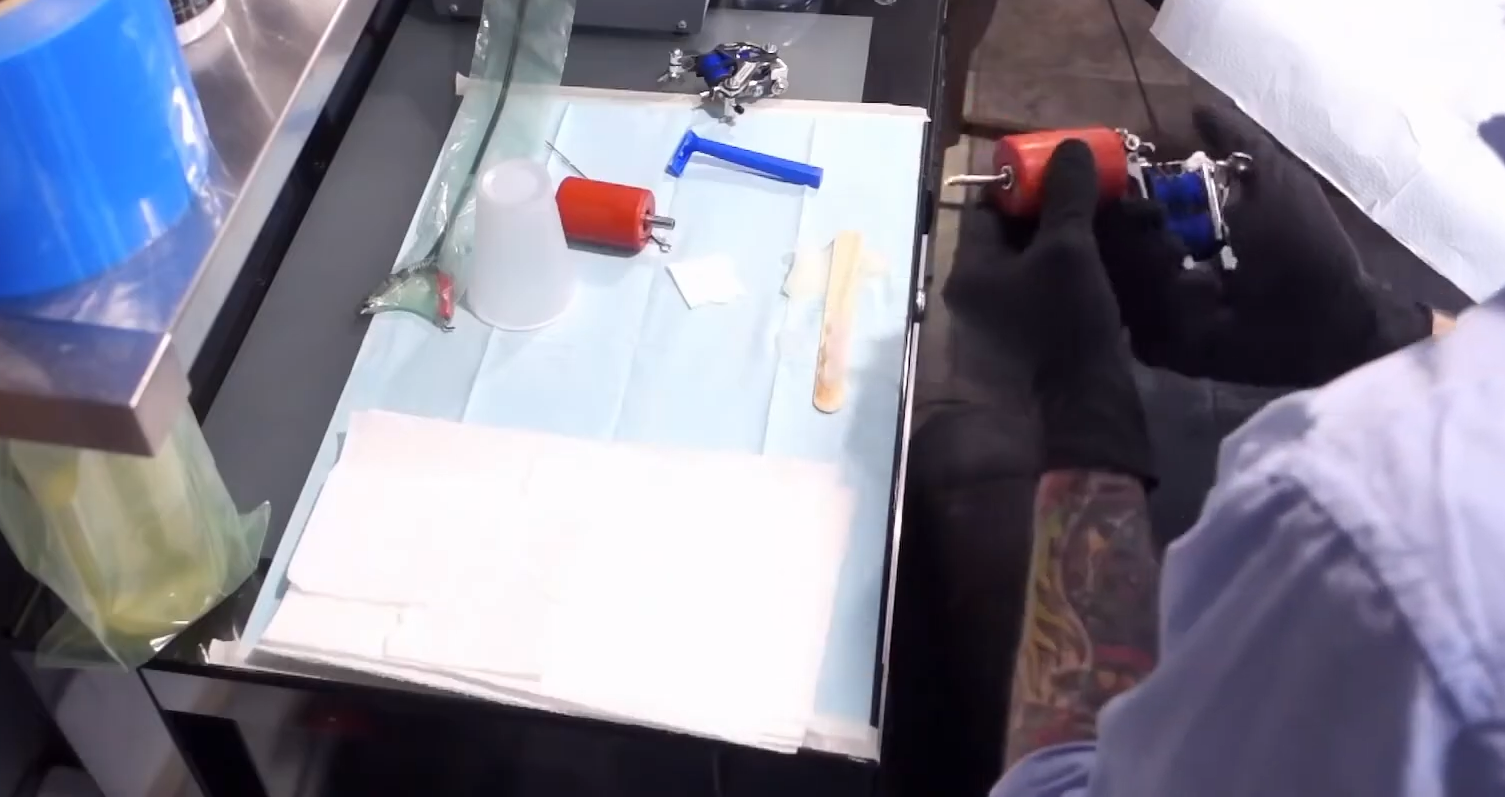
Do Tattoo Shops Take Credit Cards?
Indeed, many tattoo shops do accept credit cards as a valid payment method. [1] As the digital age advances, more and more businesses, including tattoo parlors, are recognizing the convenience and security of accepting credit card payments. It’s important to keep in mind that not all tattoo shops may be equipped to accept credit cards. Some smaller or independent artists may operate on a cash-only basis, often due to the fees involved with credit card transactions.
That being said, it’s essential to inquire about acceptable payment methods before your appointment. This proactive approach will not only help you sidestep any eleventh-hour inconveniences but also enable you to manage your finances more effectively. Additionally, it’s worth noting that certain tattoo parlors may levy an extra fee for credit card transactions to cover the processing fees imposed by card companies.
Finally, regardless of whether you pay by cash or card, don’t forget the etiquette of tipping your tattoo artist. If you’re paying for the tattoo with a card, you can either add the tip to the transaction or provide it separately in cash. The amount you tip is discretionary, but a common guideline is 15-20% of the total cost of the tattoo.
Common Payment Methods in Tattoo Shops
Common payment methods in tattoo shops vary widely based on the shop’s location, size, and policies.
Cash: As mentioned earlier, cash is commonly accepted in virtually all tattoo shops. It’s straightforward, incurs no processing fees, and is usually the preferred method for tipping your artist. However, depending on the cost of your tattoo, carrying large amounts of cash may not be the most secure option.
Credit and Debit Cards: They are becoming increasingly common in tattoo shops due to their convenience and security. Credit cards provide the convenience of expense tracking, and some even offer rewards or points for purchases. Nevertheless, due to the fees imposed by credit card companies on businesses for each transaction, certain tattoo studios may choose to pass this fee on to customers or opt not to accept credit cards altogether.
Payment Plans: Certain tattoo parlors, especially those specializing in more expensive work, might provide payment plans or financing alternatives for their customers. These plans allow customers to pay for their tattoos over time, which can make larger pieces more affordable. It’s important to fully understand the terms and conditions of any payment plan before committing.
Bartering: While not as common, some tattoo artists may be open to bartering, where a good or service is traded in exchange for tattoo work. This highly depends on the artist and shop policy and is not a universally accepted practice.
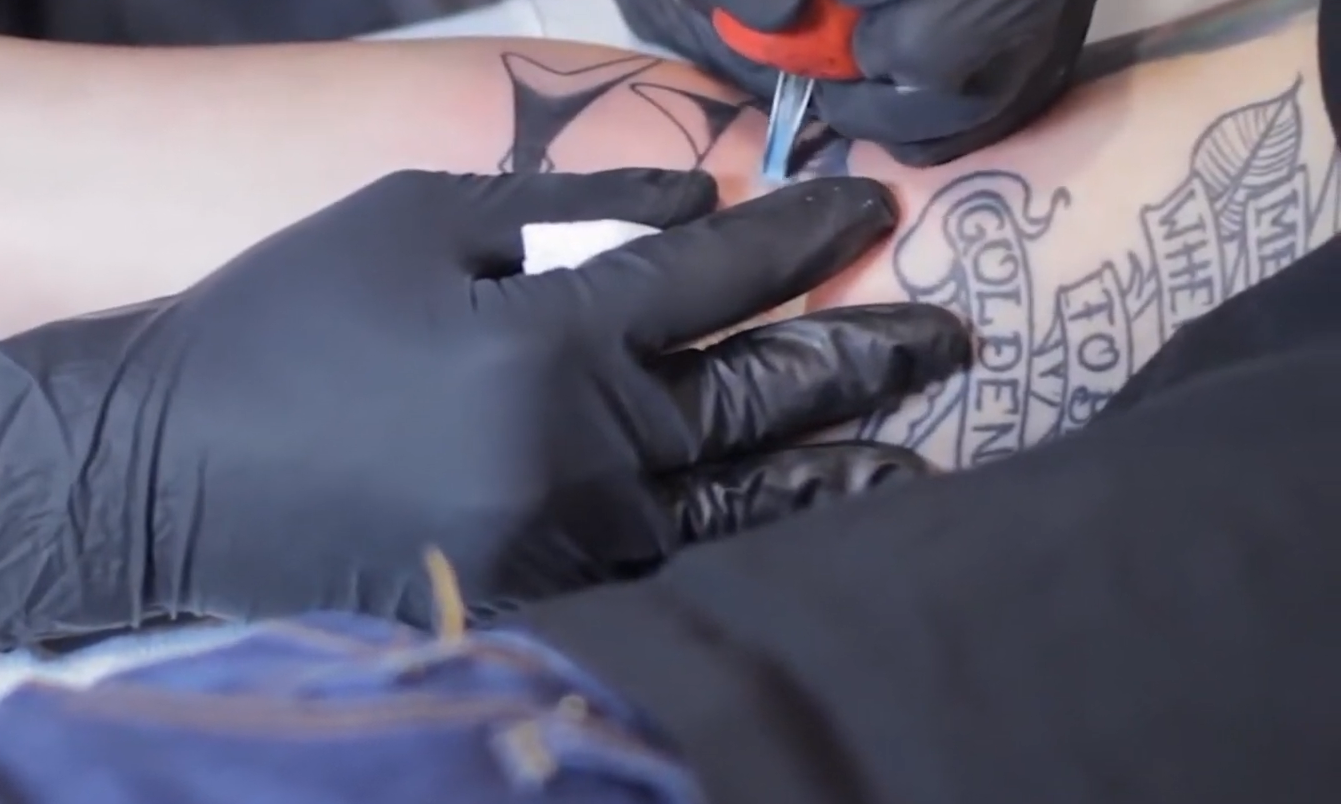
Credit Card Acceptance in Tattoo Shops
The acceptance of credit card payments in tattoo shops has been a significant development, reflecting the influence of technology and the move towards cashless transactions even in industries traditionally considered cash-based. This shift has been driven by several factors, including customer convenience, security, and the rise of expensive, high-quality tattoos.
From a customer’s perspective, credit card payments offer the convenience of not having to carry large amounts of cash, particularly for expensive tattoo work. It also allows customers to track their expenses efficiently and effectively, and in some cases, earn rewards or points through their credit card company. Credit cards also provide the option of paying in installments for larger tattoos, thus broadening accessibility to a more extensive clientele.
Nonetheless, the acceptance of credit cards does present its own set of challenges.. Credit card companies typically charge a processing fee for each transaction, which can add to the shop’s overhead costs. To offset this, some shops may choose to pass this fee onto the customer or set minimum spending amounts for credit card use. It’s also worth noting that not all shops may accept credit cards, particularly for smaller or independent artists who may prefer to avoid the associated fees.
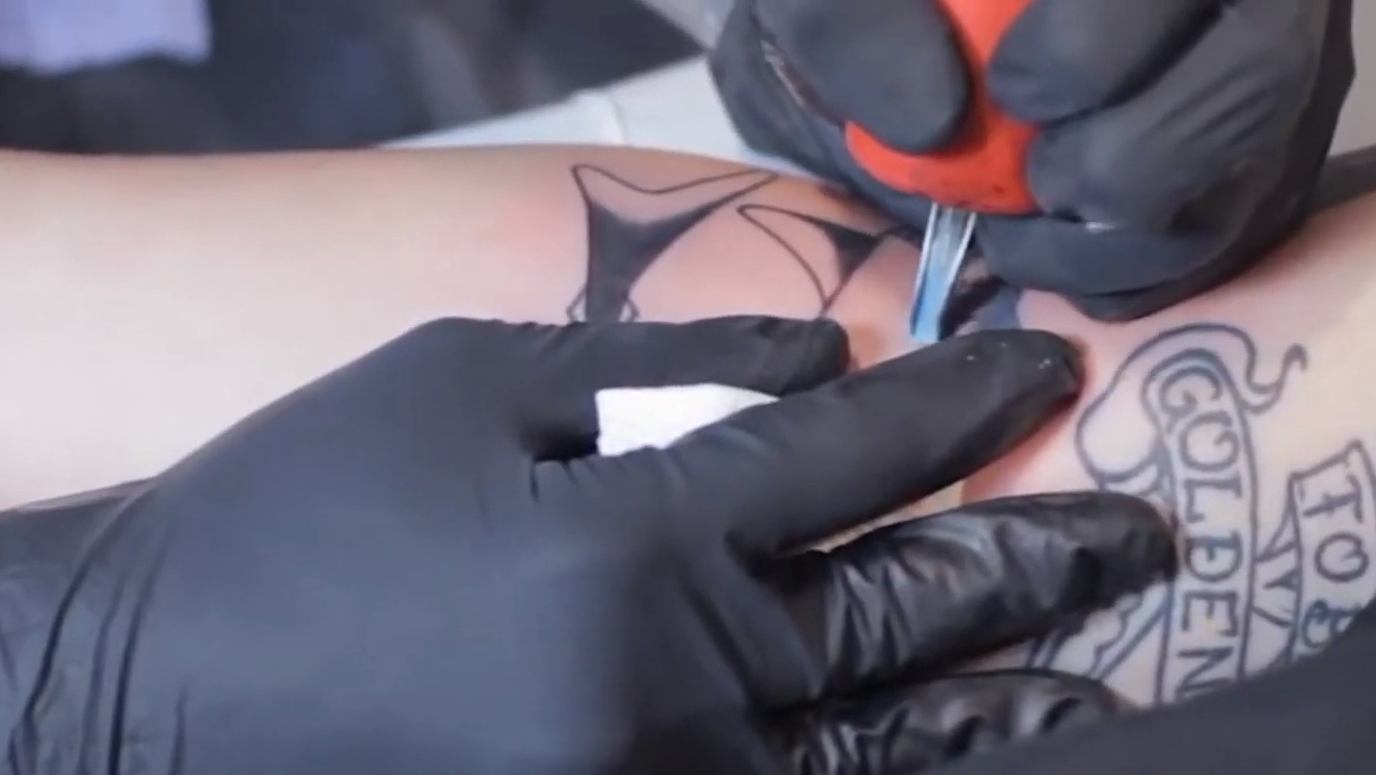
Alternative Payment Methods
While cash, credit, and debit cards, and mobile payment apps remain the most common payment methods in most tattoo shops, other payment methods have also started to gain acceptance. These can vary widely based on individual shop policies, artist preferences, and regional norms. Here are some alternative payment methods that you might encounter:
- Cryptocurrencies: With the surge in popularity of Bitcoin, Ethereum, and other cryptocurrencies, some forward-thinking tattoo shops have started to accept cryptocurrencies as a form of payment. Cryptocurrencies offer several benefits, such as privacy, security, and global acceptance. However, their volatile nature can be a downside for both the shop and the customer.
- Gift Cards and Vouchers: Some tattoo shops may offer their own gift cards or vouchers, which can be purchased in advance and used as a form of payment. These can make excellent gifts and can also be a good way to budget for a tattoo by purchasing a card or voucher incrementally over time.
- Trades or Exchanges: In some circumstances, tattoo artists might be open to trades or exchanges. For instance, an artist might be willing to exchange tattoo work for art supplies, other artwork, or even services like car repairs or home renovations. This is relatively rare and highly dependent on individual artists and shop policies.
- Layaway Plans: Some shops might offer layaway plans, where the customer can pay for their tattoo in installments before getting the actual tattoo. This can make it easier for customers to afford larger or more expensive tattoos.
Do you pay before or after a tattoo?
The question of whether you pay before or after getting a tattoo often depends on the policies of the specific tattoo shop or artist. However, in most cases, you’ll be expected to provide some form of payment up-front before the tattooing process begins. This is often in the form of a non-refundable deposit to secure your appointment and cover the initial costs of the tattoo, such as the design work and the tattoo artist’s time.
However, it’s also not uncommon for a tattoo shop to require full payment up-front, particularly for smaller tattoos or if the shop is highly sought after and frequently booked. Conversely, certain tattoo shops may offer the choice of paying the full amount after the tattoo is finished, especially for returning customers, or larger, more costly pieces that might involve numerous sessions to complete.
In some cases, particularly for larger tattoos or those requiring multiple sessions, payment may be split across several appointments. Typically, a deposit will be required at the first appointment, with further payments due at each subsequent session.
The most important thing is to discuss the payment structure with the tattoo artist or shop before your appointment. Ensure you understand the total cost of the tattoo, whether a deposit is required, whether it goes toward the final cost of the tattoo when the remaining balance is due, and what forms of payment are accepted. By having this discussion ahead of time, you can avoid any potential misunderstandings or surprises when it comes time to pay for your tattoo.
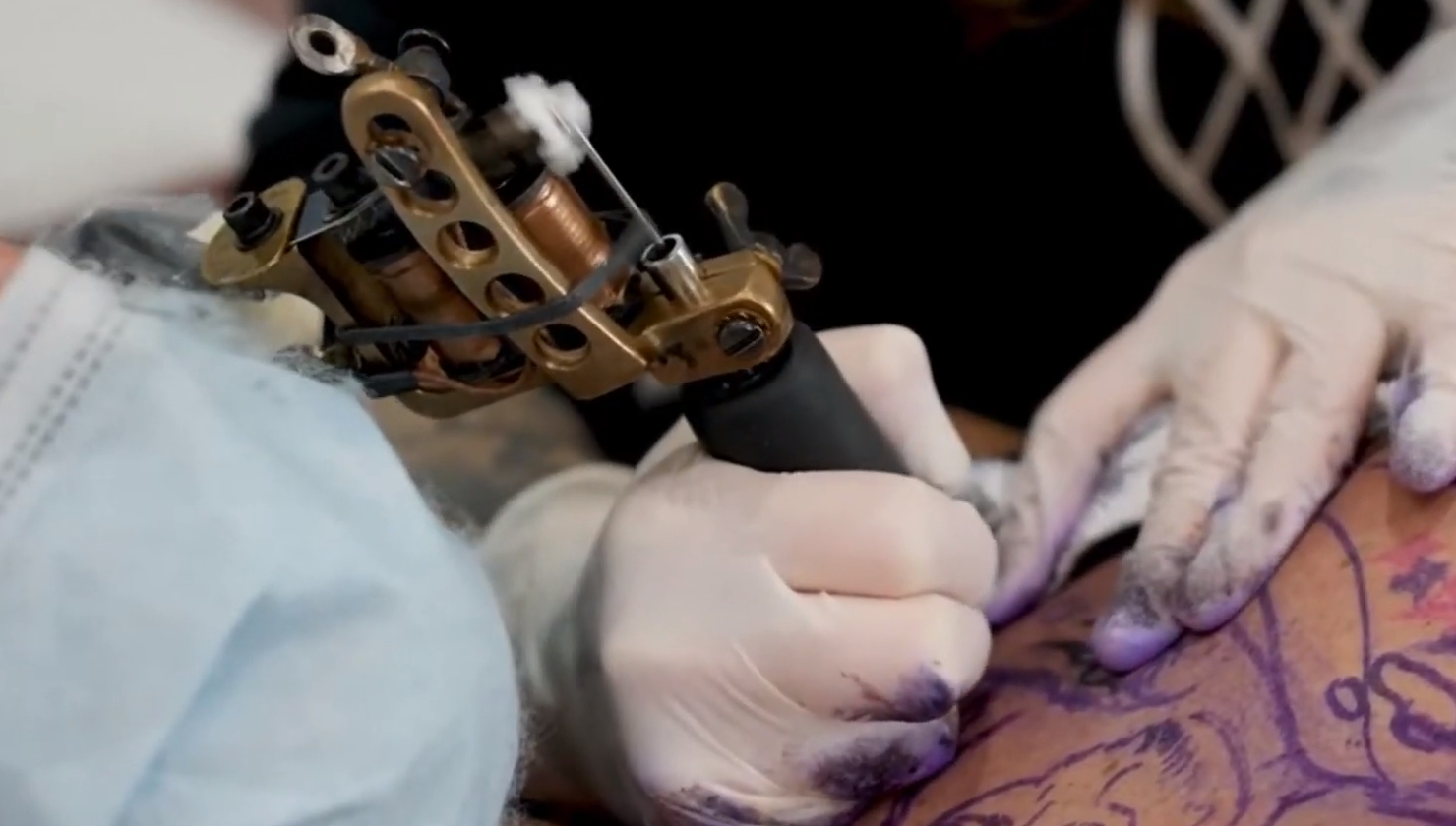
How much do you tip a tattoo artist?
The decision to tip your tattoo artist is a matter of personal choice, but it is a practice that holds broad acknowledgment and acceptance within the tattooing profession. The total you decide to give can vary based on multiple factors, such as the intricacy of the design, the length of the tattoo session, and your overall level of satisfaction with the service you received.
As a general rule of thumb, a tip of 15-20% of the total cost of the tattoo is considered standard. [2] For instance, if your tattoo cost $200, a 20% tip would be $40, bringing your total spend to $240. This is similar to tipping in other service industries, such as restaurants or hair salons.
However, if your tattoo was particularly intricate or took several hours, you might consider tipping more. Likewise, if the artist exceeded expectations by accommodating special requests or adjusting to your schedule, a larger tip can serve as a gesture to express your gratitude.
On the other hand, for larger tattoos that require multiple sessions, you could tip at the end of each session, or wait until the entire piece is completed to give a cumulative tip. The choice typically depends on your preference and comfort level.
Remember, while tipping is customary, it’s not mandatory. If you weren’t satisfied with the service provided, or if tipping would put you in financial strain, it’s okay to tip less or not at all. However, do remember that tattoo artists often rely on tips as a significant part of their income.
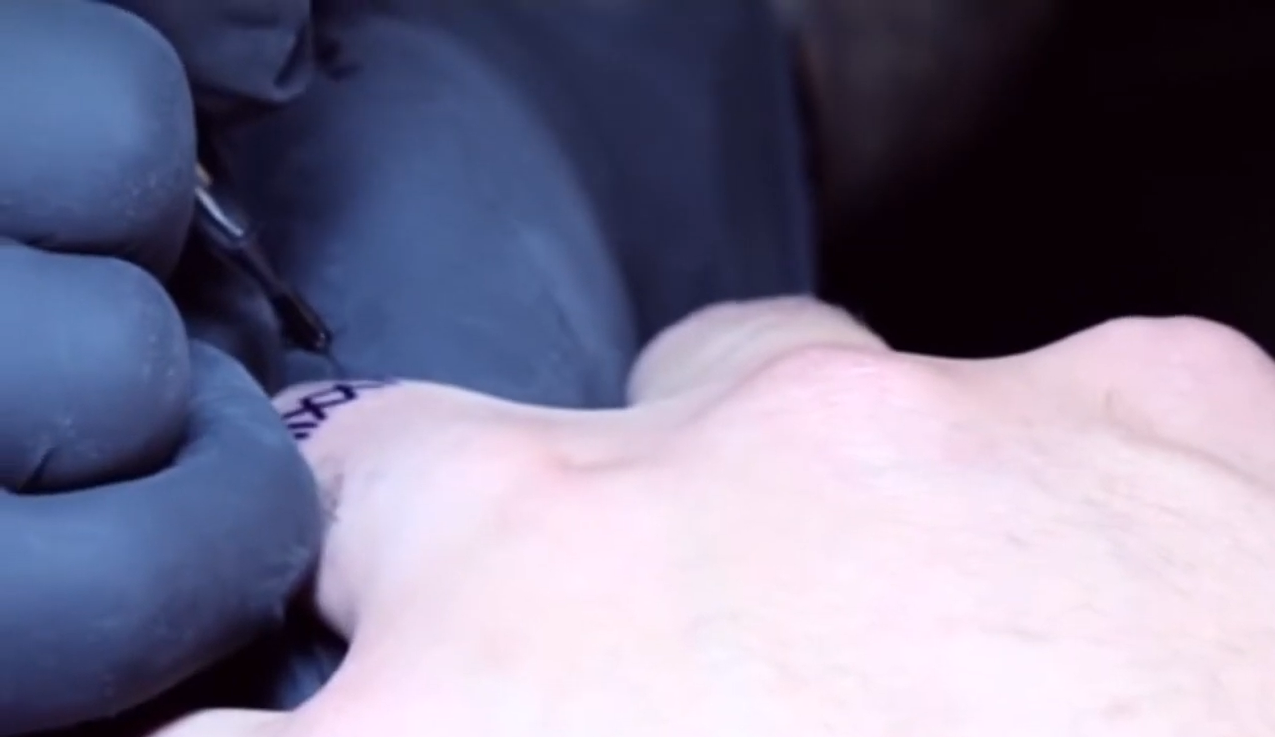
The Cons Of Paying With Credit Cards At Tattoo Shops
While credit cards offer convenience and the ability to pay over time, they come with a number of drawbacks when used for tattoo services. Here are some potential advantages:
- Interest Charges. One notable disadvantage associated with the use of credit cards is the possibility of accumulating interest charges. If you find yourself unable to fully pay off your credit card balance on a monthly basis, these interest charges can quickly accumulate, leading to a significant increase in the overall cost of your tattoo.
- Processing Fees. Many businesses, including tattoo shops, charge a processing fee for credit card transactions. These fees, usually a percentage of the total cost, are passed onto the customer and can add to the overall expense of your tattoo.
- Impulse Spending. Credit cards can encourage impulse spending. Since you don’t need to have the cash on hand, it can be tempting to move ahead with a tattoo decision without fully considering the financial implications.
- Debt Accumulation. Using a credit card can lead to accumulating debt. If you’re financing a large or expensive tattoo that you can’t afford to pay off right away, you could end up carrying a balance on your credit card and accruing interest over time.
- Impact on Credit Score. If you’re unable to make your credit card payments on time, it can negatively impact your credit score. A lower credit score can make it more difficult to get loans or credit in the future.
In conclusion, while credit cards can offer an easy and immediate way to pay for a tattoo, they also come with potential pitfalls. It’s important to be aware of these drawbacks and consider other payment options that might be more financially responsible.
How To Find A Tattoo Shop That Takes Credit Cards
Finding a tattoo shop that accepts credit cards can be a straightforward process, especially with the numerous online resources available today.
- Online Search: Start with a simple online search. You can use search terms like “tattoo shops that take credit cards near me” or “tattoo shops that accept credit cards in [your city].” This should yield a list of potential tattoo shops in your area that accept credit cards.
- Review Websites: Review websites like Yelp and Google Reviews often include information on accepted payment methods. These sites also provide customer reviews, which can give you an idea of the quality of work to expect from a particular shop.
- Tattoo Shop Websites: Most tattoo shops have their own websites where they list essential details, including the forms of payment they accept. If this information is not readily available on their site, don’t hesitate to reach out and ask.
- Social Media Platforms: Social media platforms like Instagram and Facebook are popular among tattoo artists for showcasing their work. Tattoo shops often have their social media pages where they share this information, and sometimes they also mention their accepted payment methods.
- Contact the Tattoo Shop Directly: If all else fails, or if you’re unsure, your best bet would be to contact the tattoo shop directly. Give them a call, or send an email asking about their accepted payment methods. They should be able to give you a clear answer, and this gives you the opportunity to ask any other questions you may have.
In conclusion, finding a tattoo shop that takes credit cards involves a combination of online searches, checking review websites, visiting the shop’s own website, looking at their social media platforms, and direct contact. This process not only helps confirm the accepted payment methods but can also give you an overall sense of the shop’s quality and reputation.
Frequently Asked Questions
Is $100 a good tip for a tattoo?
Whether $100 is a good tip for a tattoo can depend on several factors, including the cost of the tattoo, the time taken, and the complexity of the design. Generally, the tattoo industry suggests a gratuity of 15-20% of the total cost of the tattoo. Therefore, if your tattoo costs around $500 to $700, a $100 tip would be in the acceptable range. However, for smaller tattoos that cost less, a $100 tip could be seen as generous. Ultimately, the amount you tip should reflect your satisfaction with the service provided and your financial situation.
Can I tip on a card for a tattoo?
Yes, it is generally possible to tip on a card for a tattoo. However, it’s important to understand that policies can differ from one shop to another. Some tattoo shops may prefer cash tips, while others may accept tips through credit card transactions or digital payment apps. To avoid any confusion or inconvenience, the best practice is to ask the tattoo shop or artist directly about their preferred method of receiving tips.
Should you tip a tattoo artist in cash?
Yes, tipping a tattoo artist in cash is often the most preferred method. It allows for the immediate recognition of their hard work and dedication to their art. Furthermore, cash tips ensure that your artist receives the full amount, without any deductions that might come from credit card processing fees. However, it’s always best to ask your artist or the shop about their preferred methods of tipping to ensure you’re adhering to their policies and preferences.
Do tattoo artists give receipts?
Yes, reputable tattoo shops should provide receipts for all transactions, including both the cost of the tattoo and any tips given. Receipts serve as proof of payment and can be especially useful in the event of any disputes or misunderstandings. Additionally, these receipts often contain important details about your session, such as the date, the artist’s name, and the parlor’s contact information. If a tattoo shop doesn’t offer a receipt, it may be a red flag regarding their business practices.
Do you tip for a $1000 tattoo?
Yes, it’s customary to tip for a $1000 tattoo. The standard practice in the tattoo industry is to tip between 15-20% of the total cost of the service provided. For a $1000 tattoo, this would amount to a tip of $150-$200. Remember, tipping should reflect your satisfaction with the level of service and artistry provided, and your own ability to afford the tip. Always ensure to check with the tattoo shop on their tipping policy, as some may have specific preferences on tipping methods.
Useful Video: Do Tattoo Shops Take Credit Cards
Conclusion
Choosing to get a tattoo is a significant decision that involves careful planning, including selecting an appropriate payment method. While credit cards offer convenience, they also come with potential pitfalls, such as impacting your credit score. Therefore, it’s crucial to explore your options and make an informed decision. If you decide to go with a credit card, finding a tattoo shop that accepts this payment method can be a straightforward process thanks to online resources, review websites, social media platforms, and direct contact. Remember, reputable tattoo shops should be transparent about their payment and tipping methods to ensure a smooth and comfortable experience for their clients. Lastly, always consider your financial situation and satisfaction with the service when deciding on the tip for your tattoo artist.
References:
- https://certifiedtattoo.com/blog/certified-tattoo-studios
- https://www.femaletattooers.com/tattoo-tips/how-much-to-tip-a-tattoo-artist/


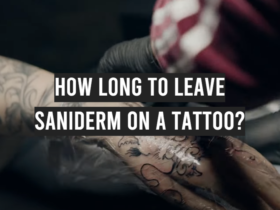
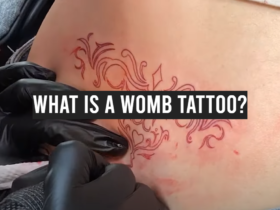

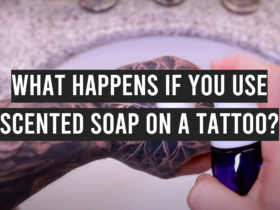
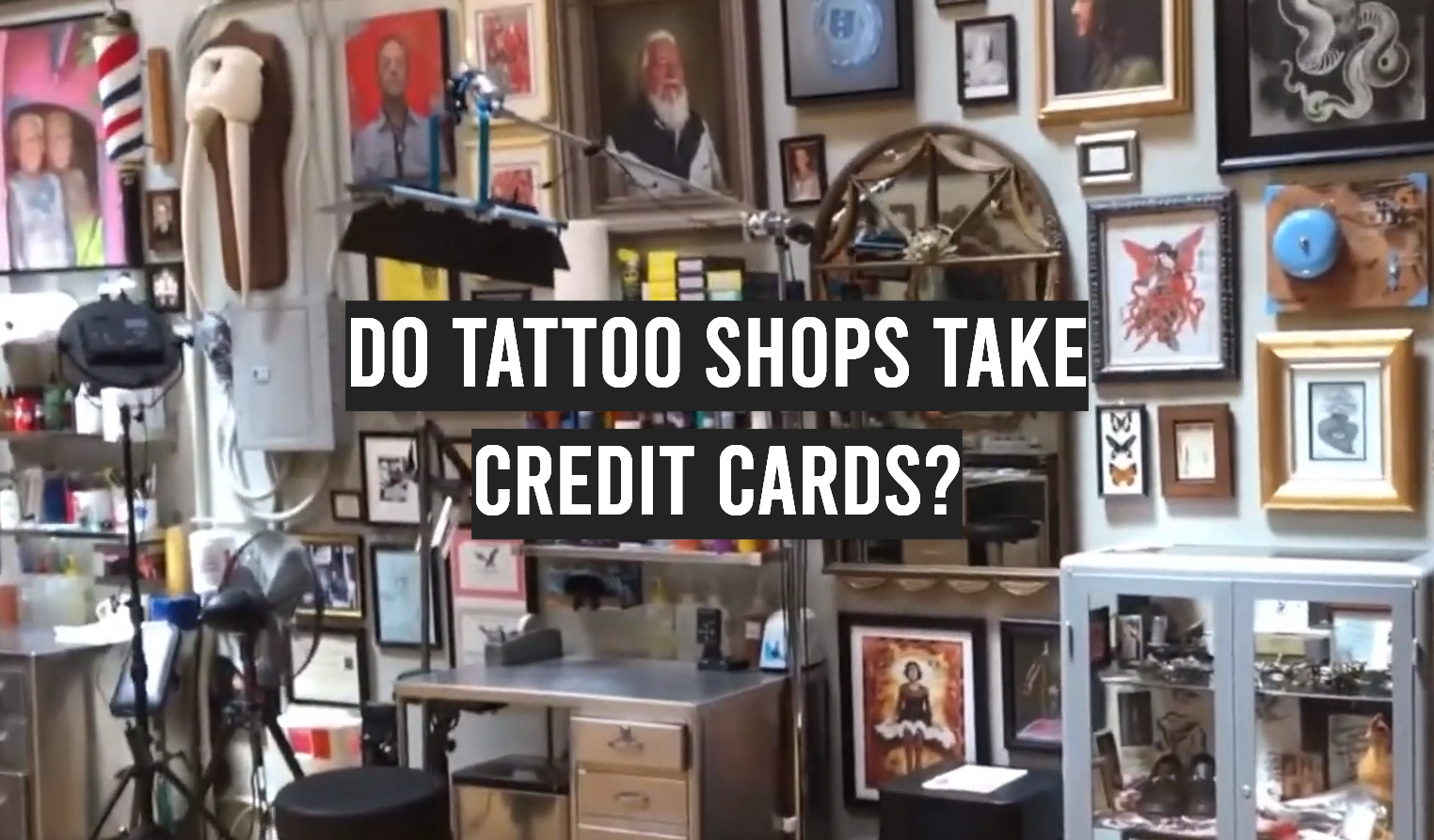
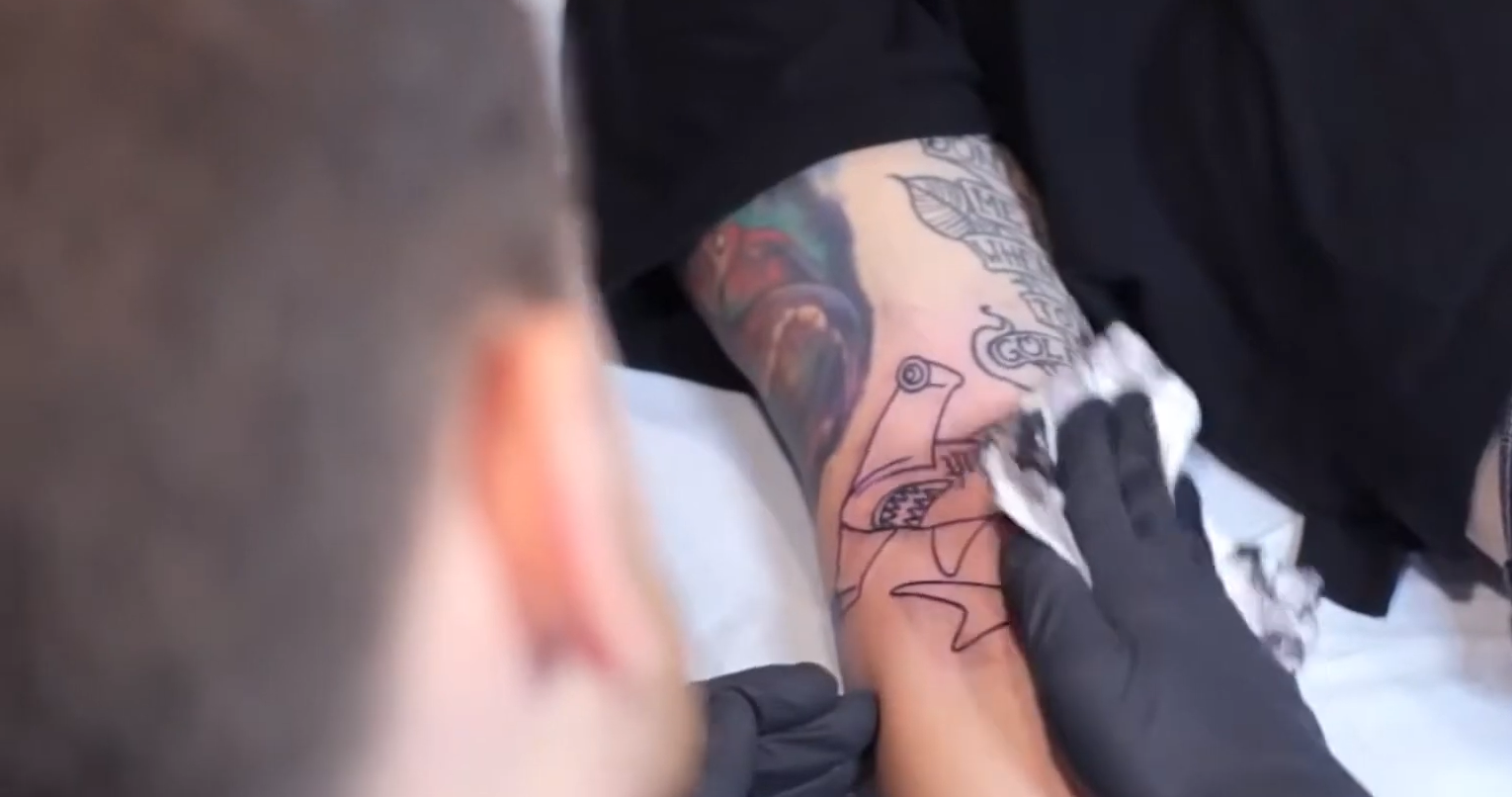
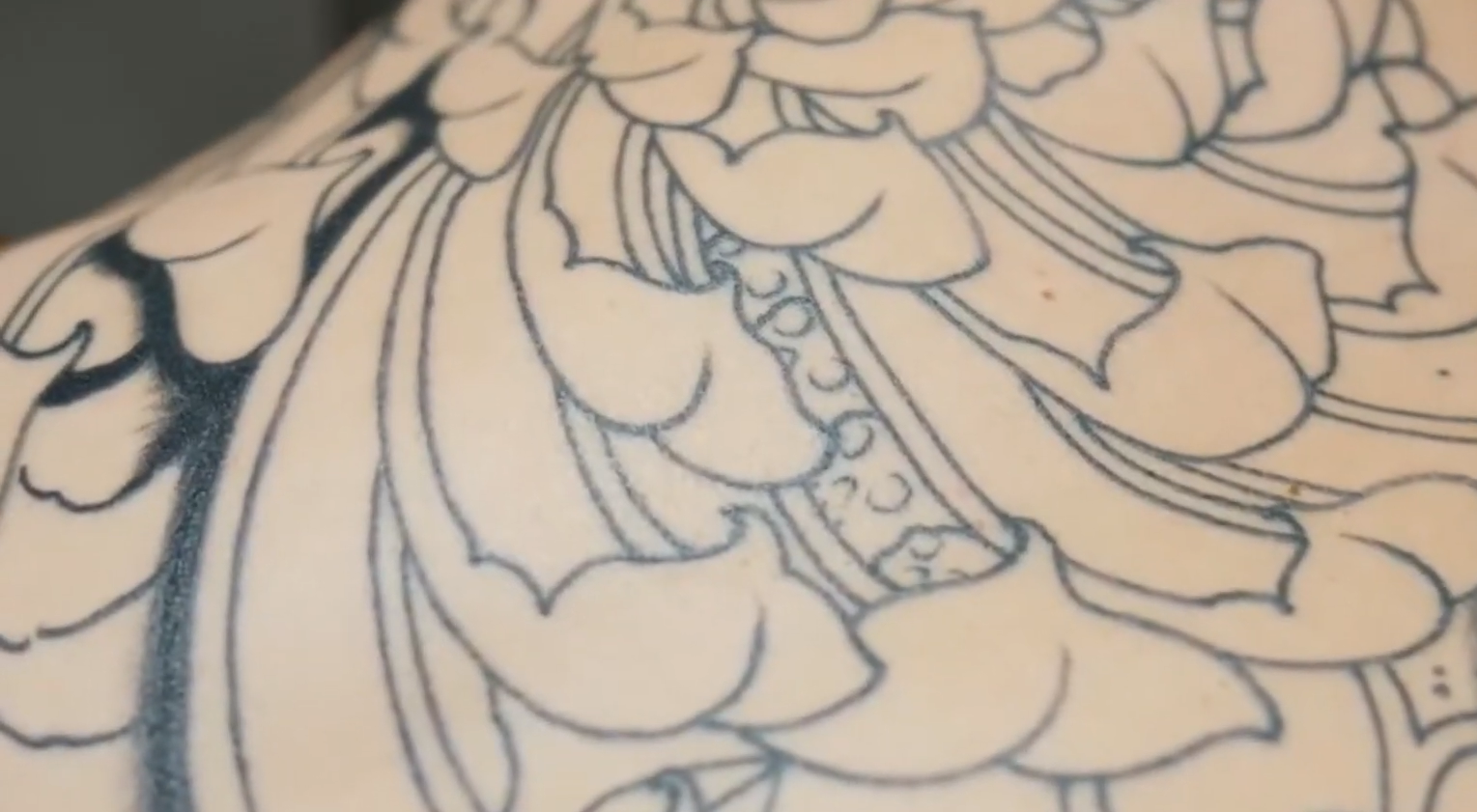

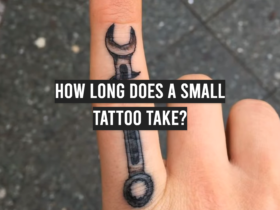

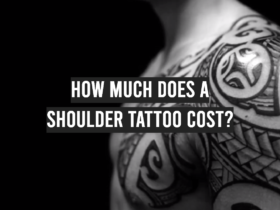
Leave a Review